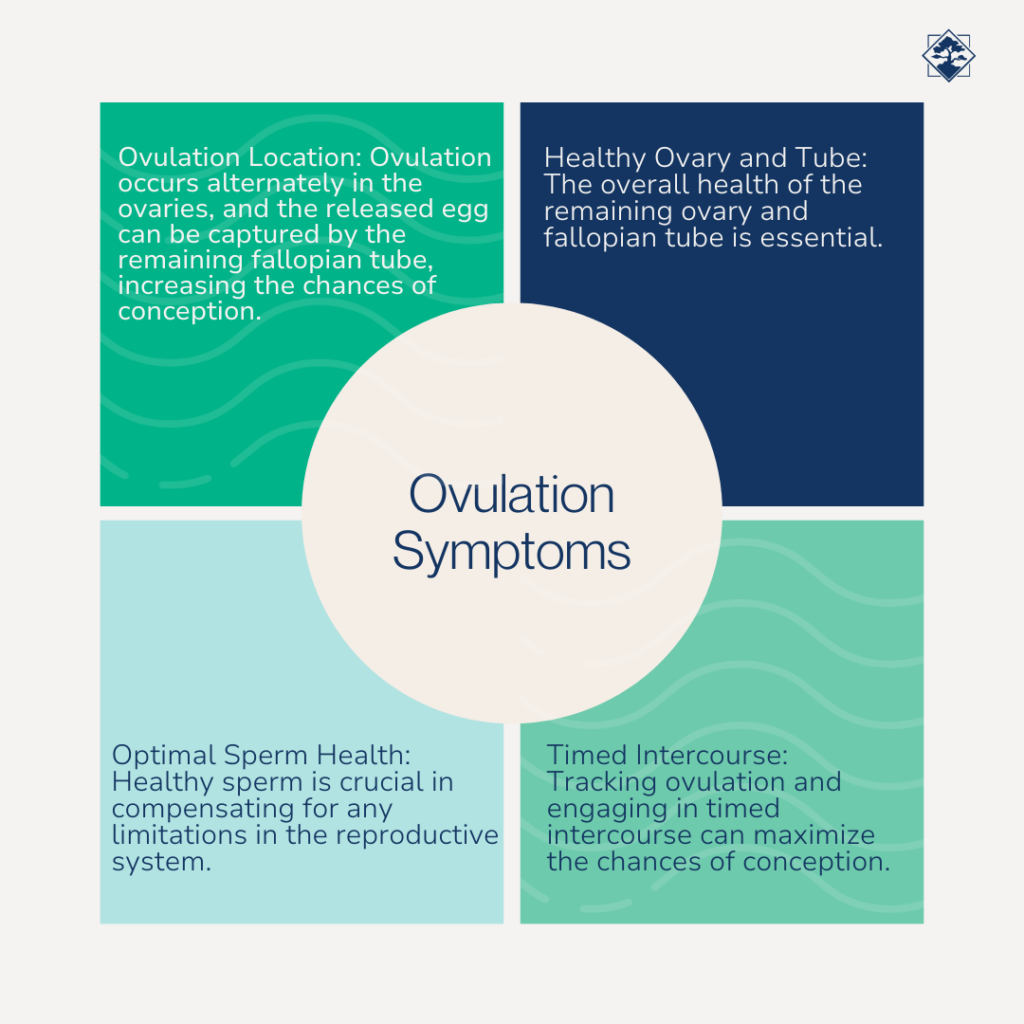Is Pregnancy Possible With Only One Fallopian Tube?
Fallopian tubes play a crucial role in conception by providing a pathway for the egg to travel from the ovaries to the uterus. Typically, fertilization occurs in the fallopian tubes, making them integral to the early stages of pregnancy. While the presence of only one fallopian tube may pose unique considerations, achieving a healthy pregnancy is indeed possible.
Understanding Fallopian Tubes & Common Issues
The fallopian tubes refer to the slender tubes that connect the ovaries to the uterus. In the typical female reproductive tract, there is one fallopian tube and one ovary on each side of the uterus. These muscular ‘J-shaped’ tubes are usually open, allowing eggs to pass through from the ovaries. However, various problems and abnormalities may exist that block or damage one or both tubes.
Also known as tubal factor infertility, a blocked fallopian tube can prevent an egg from traveling through the tube and into the uterus, preventing fertilization and ultimately increasing a woman’s risk of a tubal or ectopic pregnancy.
Blocked fallopian tubes are most commonly caused by pelvic inflammatory disease (PID). This is often a result of a sexually transmitted disease. Blocked fallopian tubes can also have other causes, such as endometriosis, previous ectopic pregnancy, prior surgery involving the fallopian tubes, history of a ruptured appendix or abdominal surgery, or a history of uterine infections caused by miscarriage or abortion.

The Role of Assisted Reproductive Therapy
Assisted reproductive therapies, such as in vitro fertilization (IVF), offer effective solutions for couples facing challenges due to tubal issues. Through IVF, eggs are harvested directly from the ovaries and introduced to sperm for fertilization outside the woman’s body. Once the egg is fertilized, it is implanted into the woman’s uterus, completely bypassing the fallopian tubes.
Contact Viera Fertility Clinic Today
While the presence of only one fallopian tube may present unique challenges, it is important to emphasize that achieving a successful pregnancy is indeed possible. At Viera Fertility Center, our dedicated team is committed to supporting individuals and couples on their fertility journey, offering expert guidance and personalized care to maximize the chances of pregnancy.
Please contact Viera Fertility to schedule a consultation appointment with one of our fertility doctors.